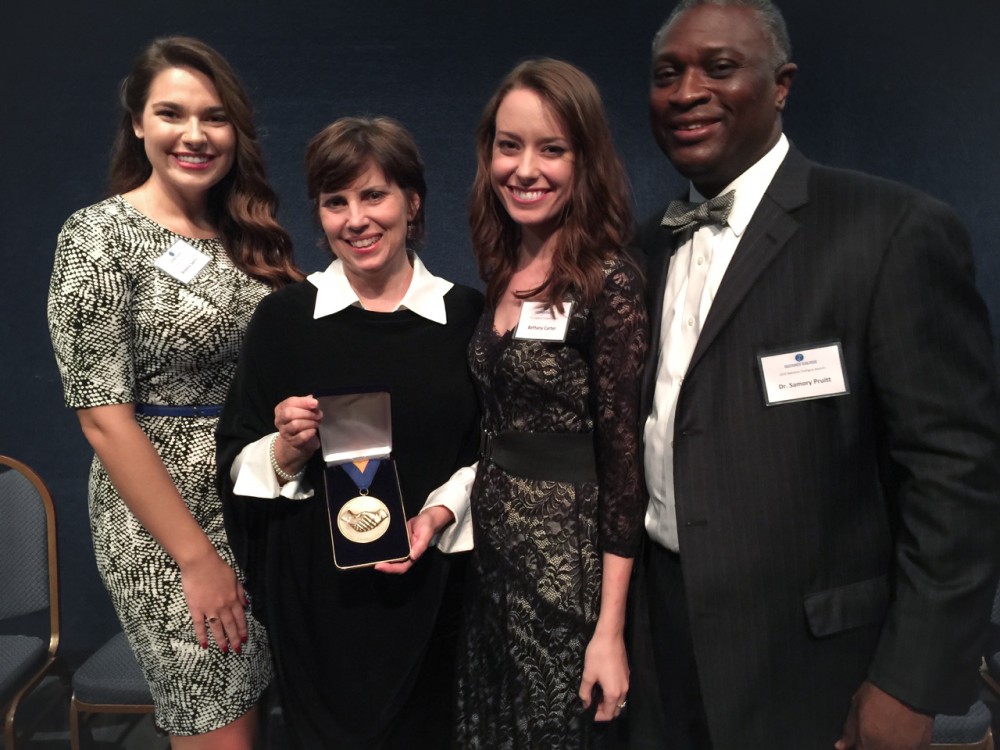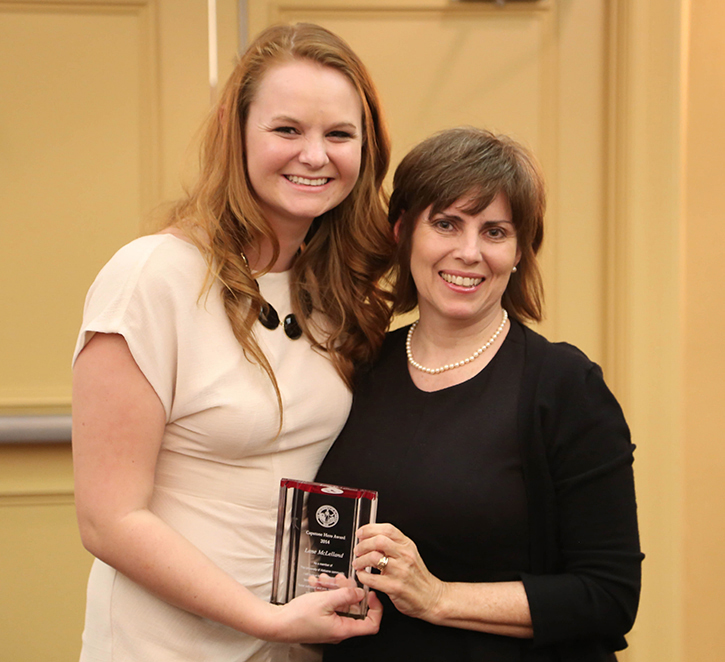Crossroads Community Center’s Lane McLelland honored with National Dialogue Award

Crossroad Community Center’s Lane McLelland was honored at the Second Annual National Dialogue Awards on October 9th, 2015 at the National Press Club in Washington, DC. Presented by the Sustained Dialogue Institute, the National Dialogue Awards honors those whose lives have been powerfully marked by the principles and values of the organization. The mission of the Sustained Dialogue Institute is to help people to transform conflictual…




